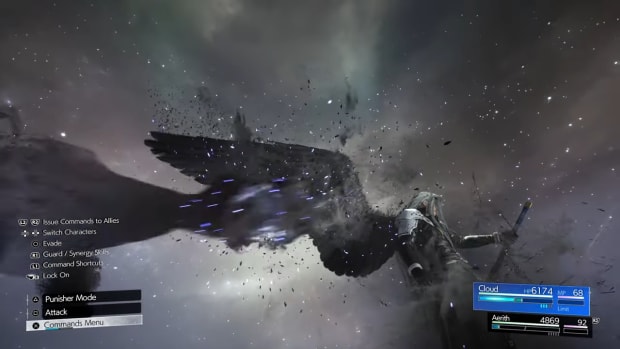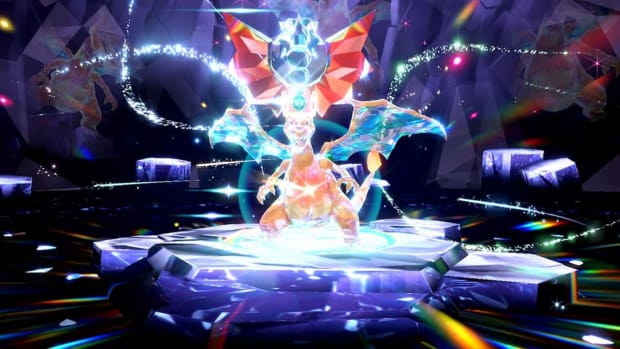
Unity reportedly considering hard cap on game dev fees
Unity reportedly held a company-wide meeting after issuing its apology to game devs over the weekend and floated the idea of hard caps and self-reporting as a way to resolve customer frustrations over the platform’s proposed new runtime installation fee. The news comes from Bloomberg reporter Jason Schreier, who said Unity executives are discussing the possibility of limiting the fee to four percent of a game’s revenue if that game earns over $1 million in revenue.
Originally, Unity set the fee at $0.20 per installation and had plans to include it retroactively, so three million people downloaded, say, Genshin Impact in 2023, but only 500,000 in 2024, Unity would charge HoYoverse for those three million installations as well. Now, however, the company has reportedly scrapped that idea.
Schreier also said Unity plans for “customers” to self-report the number of times consumers install their games. That proposed solution comes after intense backlash as developers questioned how Unity would track installation numbers, and Unity had no solid answer for them.
“I don’t think there’s any version of this that would have gone down a whole lot differently than what happened,” Riccitiello reportedly said in the meeting. “It is a massively transformational change to our business model. But I think we could have done a lot of things a lot better.”
Unity is reportedly waiting to announce these plans as official until they hear back from some of their partners. Unity executives created the original policy without consulting with developers or publishing partners, though other Unity employees warned the business leaders that the decision was unwise.
Whether the company still expects platform holders, such as Nintendo and Sony Interactive Entertainment, to pay the fees for their publishing partners, Schreier didn’t say.




